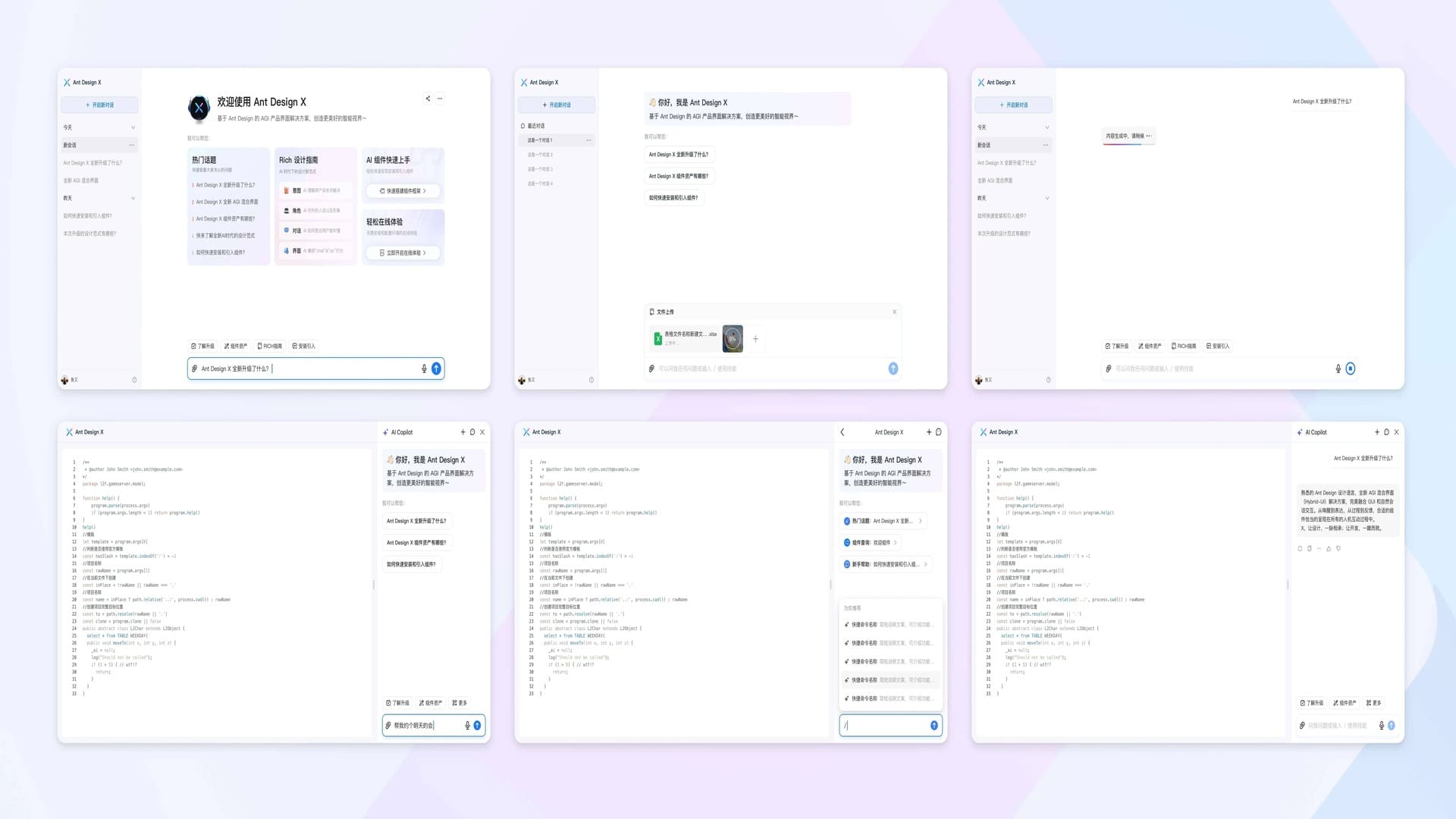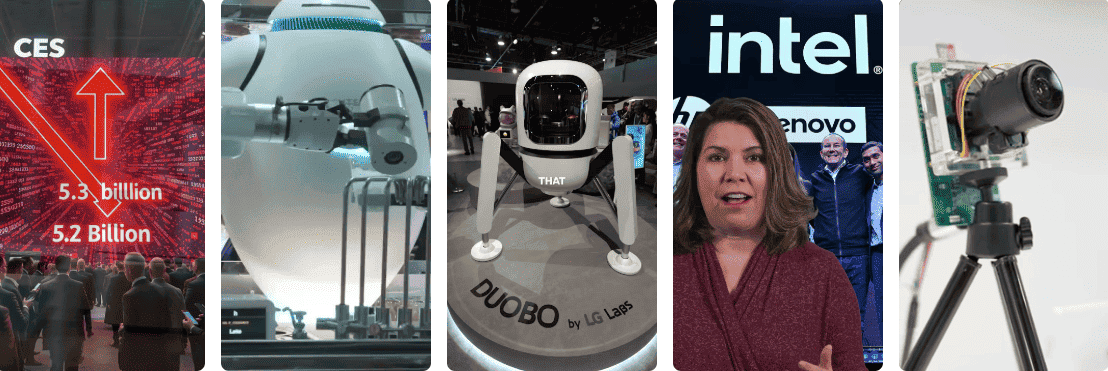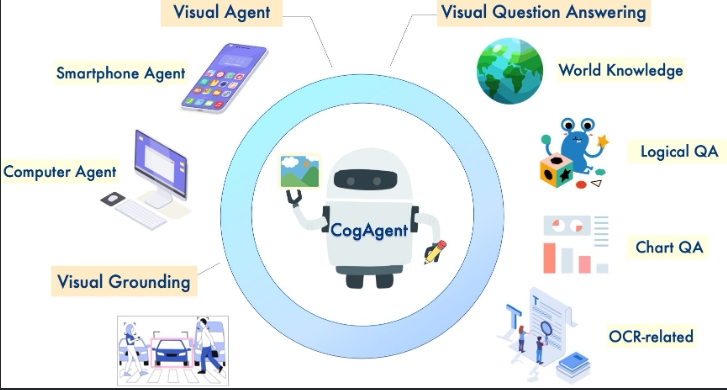Meta Llama 4 Ranking Controversy and Executive Departures Intertwine, Testing AI Strategy

April 7, 2025, Meta’s latest open-source AI model, Llama 4, has recently become embroiled in a “ranking manipulation” controversy, while simultaneously facing changes in its executive team, casting further shadows over the tech giant’s AI strategy. Reports indicate that Meta’s AI Research Head, Joelle Pineau, has announced her departure effective end of May, while Asia-Pacific Vice President Dan Neary has also recently revealed plans to leave the company. These events have sparked widespread concern about Meta’s AI development direction and internal management.
Llama 4 Ranking Controversy: Performance Authenticity Questioned
Llama 4 series, including Scout and Maverick models, officially debuted on April 5th. Meta claimed these models demonstrated exceptional performance in multiple benchmarks, surpassing competitors like DeepSeek v3 and Gemini 2.0, and even outperforming GPT-4.5 and Claude Sonnet 3.7 in STEM fields (such as MATH-500 and GPQA Diamond). Meta also announced the upcoming Llama 4 Behemoth, still in training, touting it as “one of the world’s smartest large language models.” However, doubts emerged shortly after the release.
Multiple independent researchers and industry insiders have suggested that Llama 4’s test results may have been specifically optimized. An AI evaluation agency noted that Meta had not fully disclosed its test datasets and evaluation processes, making it difficult for the community to independently verify the results. Anonymous technical personnel on X platform alleged that Meta might have artificially boosted rankings by adjusting model parameters or selecting specific test scenarios. This has been labeled as “ranking manipulation,” aimed at gaining an upper hand in AI competition discourse.
Meta officially refuted these claims. A spokesperson stated: “Llama 4’s performance data has been rigorously verified and fully complies with industry standards. Our commitment to open source is precisely to allow community verification of its authenticity.” However, some developers who have used Scout and Maverick reported that while the models show impressive performance in long-context and multimodal tasks, their overall capabilities still fall short of the advertised “surpassing competitors.” Whether this controversy will shake Llama 4’s credibility remains to be seen.
Executive Departures: AI Strategy Under Pressure
Just before Llama 4’s release, Meta AI Research Head Joelle Pineau announced via LinkedIn her official departure on May 30th. Pineau, who joined Meta in 2017, led multiple open-source AI projects, including the Llama series. In her statement, she noted: “As AI competition intensifies and Meta enters a new chapter, it’s time to make way for others to continue this work.” She did not disclose her future plans, only mentioning she would “observe and reflect” before embarking on new ventures.
Simultaneously, Meta’s Asia-Pacific Vice President Dan Neary also announced his departure. Neary served at Meta for over a decade, driving the company’s business growth in the Asia-Pacific region. While his departure statement did not specify reasons, speculation suggests it might be related to internal restructuring or strategic focus shifts. Additionally, in January, Global Affairs President Nick Clegg stepped down, replaced by Joel Kaplan, indicating a major leadership reshuffle at Meta.
Analysts note that Pineau’s departure is particularly noteworthy. As the head of Meta’s Fundamental AI Research (FAIR) team, she played a crucial role in advancing projects like PyTorch and Llama. Her departure, coinciding with the Llama 4 controversy, may intensify concerns about the stability of Meta’s AI technical direction. Meta has stated they are searching for Pineau’s successor but has not yet announced a candidate.
Open Source and Competition: Meta’s Dual Challenge
Meta has recently positioned AI as a core strategy, with CEO Mark Zuckerberg expressing goals to build AI assistants with a billion users and achieve Artificial General Intelligence (AGI). The Llama series, as open-source models, carries Meta’s hopes of attracting global developers and setting industry standards. However, the open-source strategy presents challenges: the community expects transparency and verifiable results, while Meta must maintain technological advantages in commercial competition.
The current Llama 4 ranking controversy and executive departures may test Meta’s leadership in the AI field. Discussions on X platform show polarized public attitudes toward Meta: supporters view its open-source contributions as irreplaceable, while critics question its technical integrity and management capabilities. One developer commented: “If test data cannot be fully disclosed, what’s the point of open source?”
Uncertain Path: Market and Community Double Test
Currently, Llama 4 is available on the Meta.ai platform, with initial developer feedback showing some strengths in certain tasks, but whether it can fulfill Meta’s grand promises requires more practical application testing. Meanwhile, the executive team changes may trigger chain reactions affecting both internal morale and external confidence.
Competition in the AI field is intensifying, with rivals like OpenAI and Google continuously launching new models, while Chinese companies like DeepSeek are gaining ground in cost-effectiveness. Meta’s ability to balance technical innovation, management stability, and community trust may prove crucial to its AI strategy’s success. This controversy presents both a challenge and an opportunity for Meta to prove itself. The industry will closely watch Llama 4’s performance and Meta’s subsequent actions in the coming months.
Related Links
More Articles
![OpenAI 12-Day Technical Livestream Highlights Detailed Report [December 2024]](/_astro/openai-12day.C2KzT-7l_1ndTgg.jpg)







